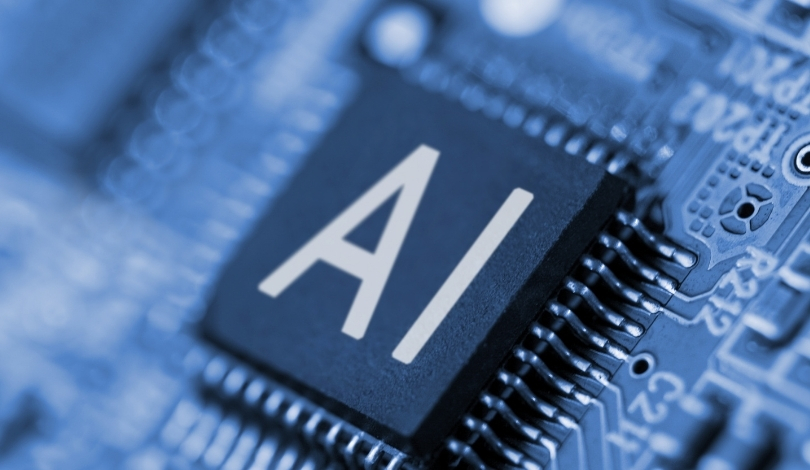The Open Source Initiative (OSI) has introduced the Open Source AI Definition (OSAID), establishing criteria to determine whether AI systems qualify as open-source. This milestone seeks to promote transparency and collaboration within the artificial intelligence community. The framework was unveiled at the All Things Open conference, reflecting OSI’s commitment to fostering an open and accessible AI landscape.
The introduction of OSAID builds upon earlier efforts to standardize open-source practices in AI. Unlike previous attempts, which often lacked comprehensive guidelines, the OSAID provides a unified framework endorsed by leading organizations. This development marks a progression towards more consistent and enforceable open-source AI policies.
Establishing Core Principles
The OSAID outlines four essential freedoms that an open-source AI system must provide. These include the ability to use the system for any purpose without permission, the freedom to study and modify its components, the capacity to alter the system for any purpose, and the right to share the system with others.
“The co-design process that led to version 1.0 of the Open Source AI Definition was well-developed, thorough, inclusive, and fair,”
stated Carlo Piana, OSI board chair.
Stakeholder Endorsements
Key industry players have expressed support for the OSAID. The Digital Public Goods Alliance (DPGA) plans to integrate the framework into their standards for AI applications. Additionally, the EleutherAI Institute has endorsed the definition, highlighting its importance in promoting transparency.
“We believe that this definition supports the needs of independent machine learning researchers and promotes greater transparency among the largest AI developers,”
remarked Stella Biderman, Executive Director of the EleutherAI Institute.
Implementation and Future Developments
The OSAID emphasizes the necessity of providing detailed data information, complete source code, and model parameters to facilitate modifications. OSI Executive Director Stefano Maffulli noted the challenges faced during development but affirmed the alignment with the project’s objectives. The framework does not mandate specific legal mechanisms, leaving room for future legal clarifications as open-source AI systems evolve.
While the OSAID sets a foundational standard, ongoing engagement with the community is essential for its refinement. The OSI aims to continuously improve the definition, ensuring it remains relevant and effective in the rapidly advancing field of artificial intelligence.
The framework not only defines open-source AI but also sets the stage for enhanced collaboration and innovation. By establishing clear guidelines, the OSAID facilitates a more transparent and cooperative AI ecosystem, benefiting developers, researchers, and end-users alike.










